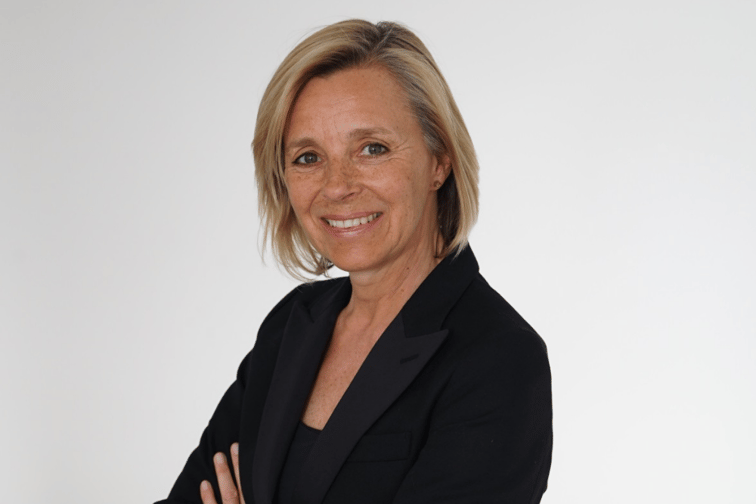

The COVID-19 pandemic has had both a positive and negative impact on mental health – the negative being that it has created mental wellbeing challenges across the UK, but the positive being that it has fostered conversations around the subject.
Applying this to the insurance sector, Julie Harrison (pictured), chief HR officer for Allianz UK, noted the effect that a lack of face to face interaction is having on people. Although many events have moved online, the ability to informally chat and build networks is much more difficult now, and being in front of a screen all the time can be tiring.
“Insurance is also a high achieving profession,” Harrison said, “and while it’s fantastic to be studying for exams and to have academic rigour, we are all living through a historic event so no-one should feel bad for simply doing their job to the best of their ability and stepping away from their computer at the end of the day. Maintaining work-life balance while being locked down at home, potentially also with caring responsibilities, is tricky and we can only all do the best that we can.”
From the start of the crisis, Harrison said, the team at Allianz UK understood that its operational resilience needed to be matched by the health and wellbeing of employees. She also noted that, while mental health challenges should be assessed holistically, all solutions must bear in mind that everyone is different - something that often gets overlooked during broad discussions about the subject.
This understanding manifested in a variety of mental health activities put on by the insurer, including Allianz’s ‘Stronger Together’ campaign which saw virtual teams of colleagues track their fitness activities and log charity points, raising money for Mind. Activities ranged from running, through to gardening, and even housework, she said, and its inclusivity encouraged every participant to keep active, stay motivated and feel part of a team.
“Not everything was fitness related however,” she explained, “and as part of Mental Health Awareness Week we created resources for employees to use at home including colouring packs and mindfulness playlists. Our employee networks have also been really busy supporting our employees with activities ranging from the working parent’s network hosting events such as face painting and balloon modelling during the school breaks.”
From a corporate perspective, Harrison said, Allianz UK has carefully examined its internal communications to ensure it can keep people informed across the business. This has included updates from board members, Q&A sessions and an intranet hub where people can post ideas, top tips, share experiences and find out more about how the pandemic is affecting different lines of business.
“This is part of our culture of transparency and helps people connect to us as professionals but also as individuals,” she said. “Our engineer surveyors, for example, are still out and about providing an essential service and so are having a very different experience to those working from home. Sharing stories helps us all open up to different perspectives.”
Employee wellbeing has always been a core priority, she said, and many of the services offered by Allianz UK existed prior to the pandemic. More recently, however, mental health has emerged as an aspect of wellbeing that needs particular attention and, through its partnership with Mind, the insurer has been able to highlight this and take action. One of the latest actions it has undertaken is to make the Headspace app available free of charge to all employees to help them build mindfulness into their routines.
“No-one foresaw that we’d still be in this situation nearly a year on and so it’s really important to us that we don’t become complacent regards mental health needs,” Harrison said. “COVID-19 has shone a light on the importance of our existing resources, and in some ways accelerated our plans to extend these. We’re now making wellbeing our main topic to focus on as a company from an engagement perspective.”
At Allianz, she said, the aim is for people to be able to bring their best selves to work and, aside from any corporate initiatives, this is about having a culture where mental health can be talked about openly and honestly. It will always be an evolving situation and one which must be built on collaboratively through dialogue and feedback.
